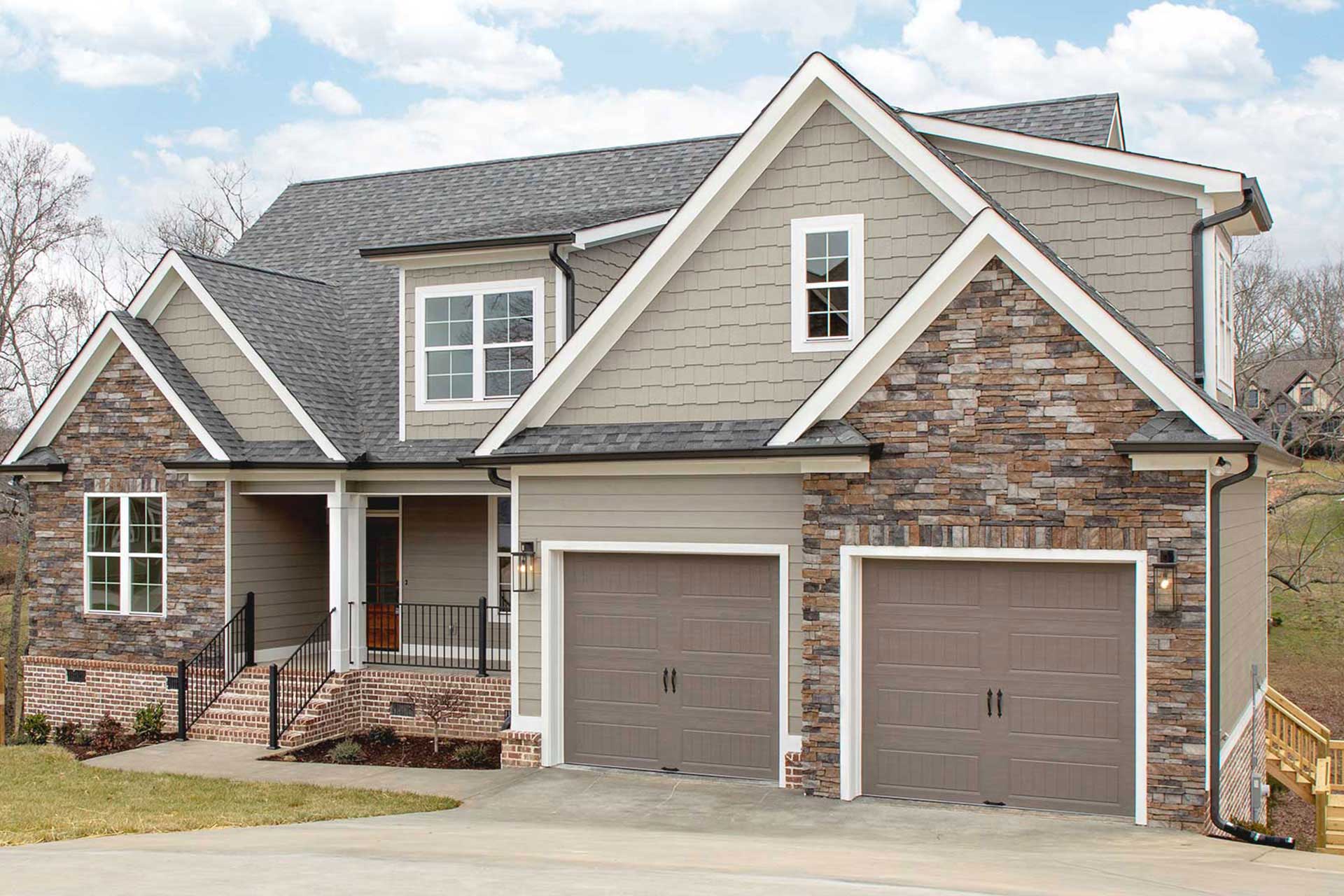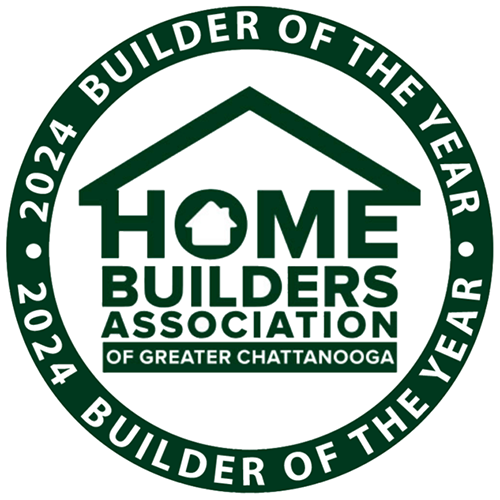
New Home Move Up Buyer Guide
New Home Move Up Buyer Guide
If you already own a home, condo or townhome and are considering selling and buying something newer, bigger, better for whatever reason, this move-up buyer guide is for you.
How do you know if you are a move-up buyer?
- Are you relocating and looking to find a home with features you didn’t get in your first home?
- Do you have a growing family and need more room, a larger yard, a better location?
- Are you tired of making constant repairs on your existing home and want to buy a new home with new systems and appliances?
If you answered yes to any of the above questions, you would be considered a move-up buyer. These are just a few of the reasons people decide to buy a new home, so whatever the reason, check out this move-up buyer guide and use it as a roadmap for a smooth transition to your next home.
Getting Started
-
Which comes first, buying or selling?
If you can afford to buy a new home before selling your current home, that is usually the best approach. You won’t have much leverage when buying a new home if the sale is contingent on the sale of your current home.
One determining factor in making that decision would be how quickly homes are selling in your neighborhood. If they are only staying on the market for a few days or weeks, you could be confident in buying you next home first. However, if you live in an area where homes are taking 60-90 days or more to sell, you may need to consider selling first or finding a service such as Zillow Offers to buy your current home. With Zillow Offers, you don’t have to do repairs or painting of your home to sell it. You can even pick the closing and move-out date to fit into your schedule.
-
What is driving you to buy a new home?
If your life has changed in ways that make your current home insufficient for your needs, consider how long you plan on living in your next home. If it’s just a few years, you don’t necessarily need to find a home that solves all the issues with your current home. However, if you will be there a long time, possibly raising a family, things like school district and proximity to good daycare may be just as important as having an additional bedroom and bathroom.
-
What do you love/hate about your current home and neighborhood?
Make a list of what you love and hate about your current home. Do the same for your neighborhood and community. If you love the area where you live but have some major issues with your house, you may be able to find another home in the same area that works better for you. However, if you are not happy with the area, or it doesn’t work for you anymore because of the commute or lifestyle changes, it’s a good idea to find an area where you want to live first, and then start looking for a home that comes closest to meeting your needs. Keep your list handy when touring communities and homes so you can easily refer to your must-have items.
-
What will it take to get your current home ready to sell?
Once you’ve decided to make a move for whatever reason, consider how much time and expense will be involved in selling your current home. To get the best offer, your home will need to be clean and tidy inside and out and be able to pass a detailed home inspection without a long list of fix-it items. It would be heartbreaking to find the perfect home and location but not be able to make an offer because you need a few months to get your home ready to sell before you can even put it on the market.
Make a list of everything that needs to be repaired, painted, and cleaned and start getting rid of unneeded items and clutter. The closer your house is to being ready to sell before you start looking for a new home, the smoother the whole process will go.
-
How much can you afford?
Make a detailed budget of all your expenses each month, and don’t forget to include quarterly and annual payments. Get prequalified with your lender and check with other lenders. Getting the lowest rate will give you the most buying power with your mortgage. If you can get a better rate by improving your credit score, it will be worth the time spent to do that before proceeding with buying a home as it will save you a significant amount of money over time.
Remember that a larger, newer home may come with higher taxes, insurance and utility bills, so make sure to include an estimate of what they will be, as well as moving expenses, in your budget. When you know how much you can afford to spend on a monthly mortgage payment without it negatively impacting your lifestyle, it will be easier to narrow down the new home search.
-
Finding your new home
Once you have your current home on the way to being ready to sell, you are prequalified for a mortgage and know how much home you can afford, it’s time to start looking at available homes. Keep your list of must-haves handy but make sure you know what you can do without. Don’t sacrifice living in the perfect neighborhood to get a home that is larger than you really need. Buying a home almost always involves compromise, so be clear on what the most important things are for your home and your community.
Don’t forget to consider having a home built by a reputable home builder. If there are new homes being built in an area where you want to live, you may find you have many more options when buying a new home as far as floorplan layout, features, fixtures, upgrades. It’s much less expensive to build-in your must-haves rather than to add them later.
With a new home, you will also have new appliances, fixtures and systems which will last a long time compared to many resales homes. The last thing you want to face is expensive repairs to your new home.
-
Buying your new home
If you are planning to buy a resale home, you should consider hiring a Realtor to help you sell your current home and find your next one. However, if you like the idea of buying a new construction home to get more of what you want in your new home, you can contact homebuilders directly and tour many different floorplans in the same neighborhood.
Most homebuilders have step-by-step guides that walk you through the building and buying process. They may have completed homes called “quick move-in homes” that can close in 30 days if you’re on a tight schedule.
Review this move-up buyer guide while working through the process of preparing your home for sale and buying a new one. The satisfaction of moving into a new home that solves most of the issues you’ve been living with is even better if the whole process runs smoothly because you were prepared for each step along the way.
Tags: chattanooga, Core Homes, guide, home builder, home buyers, new homes



